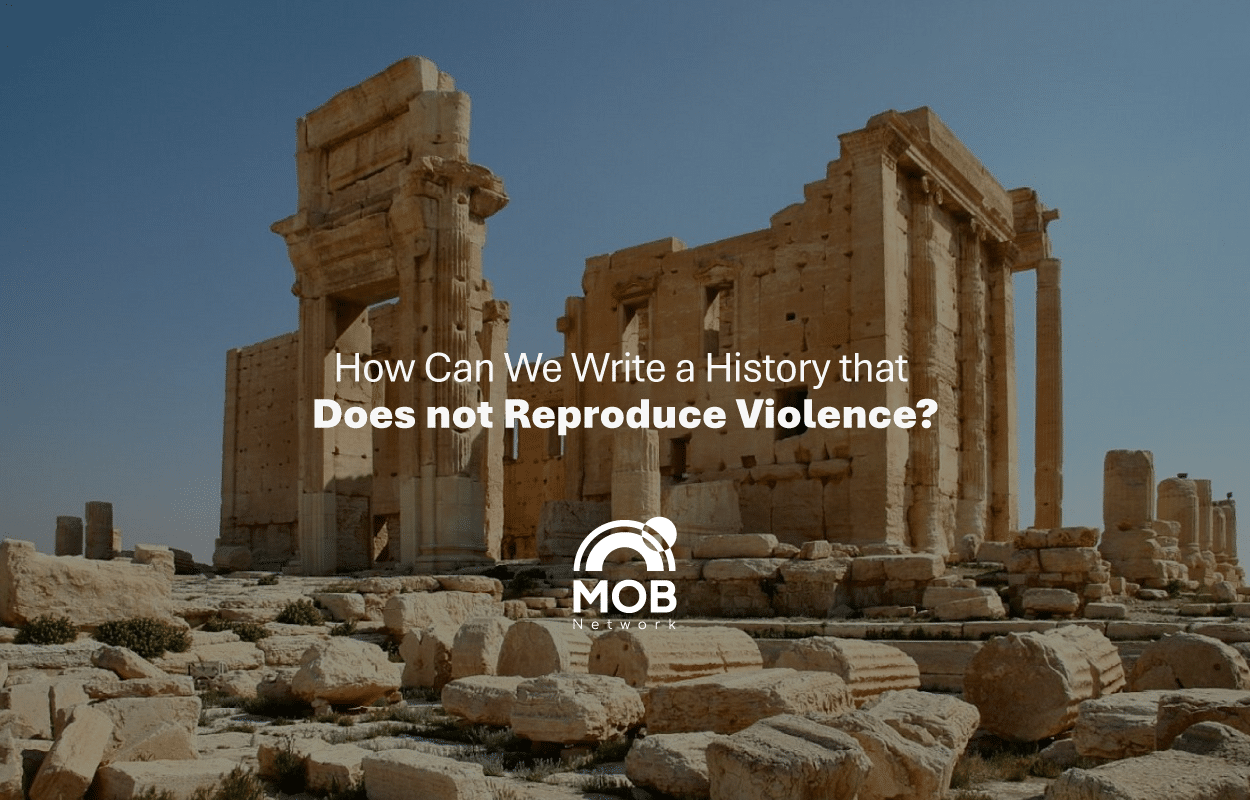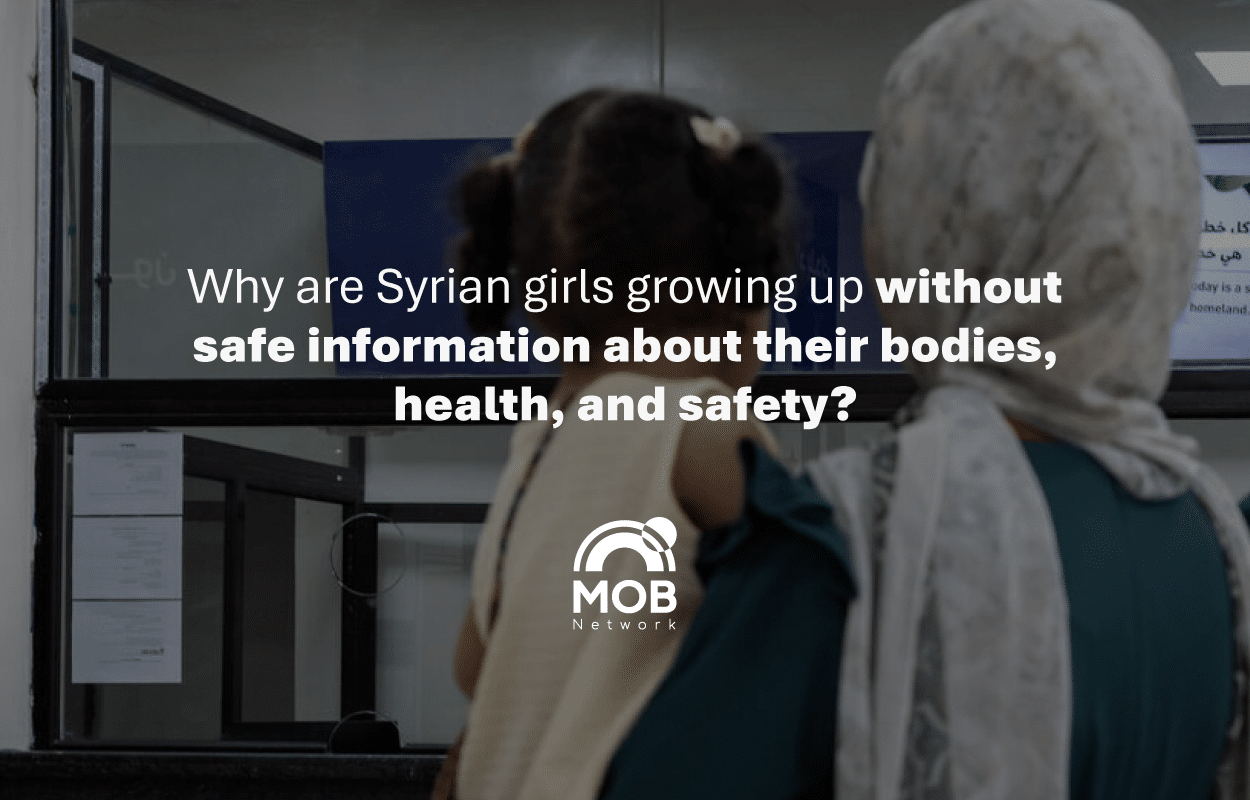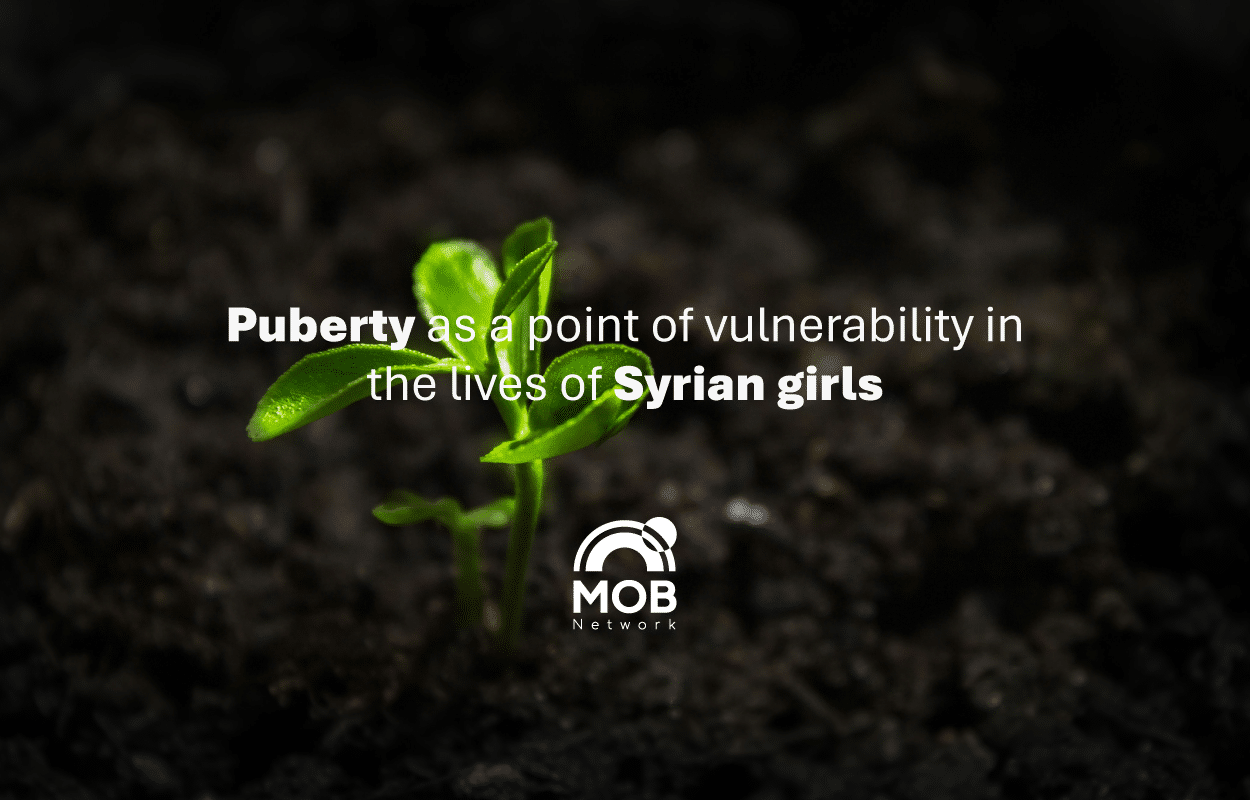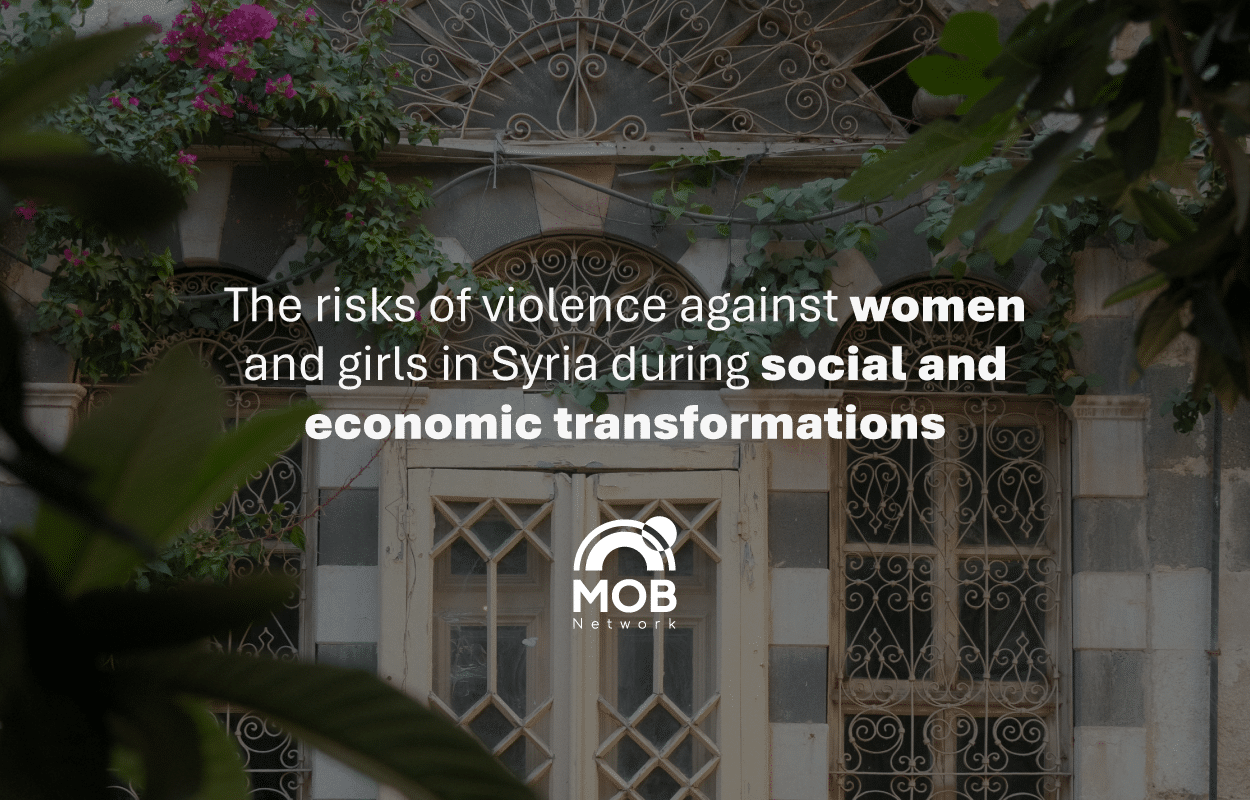We are now in a phase of national reconciliation in our country. After decades of tyranny, violence, and division, it has become necessary for us to ask ourselves an important question:
How will our collective memory be written? What narrative will we tell the future generations? And how can we reconstruct the concepts of “freedom” and “revolution” without reproducing the violence we experienced?
Today, at a monumental moment in Syrian history, a moment that is supposed to mark the beginning of a path toward national reconciliation after long years of tyranny, violence, and deep societal division, a moment filled with hope and challenges.
When the door to reconciliation is opened, not only political or legal questions arise, but deeper questions emerge before us. questions that has existential and cultural essence:
How will we write our collective memory? What narrative will we pass on to our children about everything that happened? Who has the right to tell the whole story? And how can we ensure that this narrative doesn’t become another tool for exclusion, hatred, or the reproduction of violence?
In the post-conflict Syrian era, the greatest danger is not that memory will be erased, but that it will be reduced, distorted, written solely by one side, or used as a cause for constructing offensive identities.
In the Syrian case, where revolution, war, blood, and diaspora are all blended into a single, fractured memory, it becomes necessary to ask:
How can we reconstruct the concepts of “Freedom” and “Revolution” without falling into the trap of replicating the same exclusionary systems against which we revolted? How do we tell the story without reviving the seeds of hatred we are trying to diminish? And how do we practice documentation, writing, and reconciliation as acts of resistance to violence, not as its extensions?
These questions concern not only historians or academics, but everyone who lived through the experience, lost someone or something, resisted, or remained silent. They concern the future of the country and our ability to live together after all that has happened—not by overcoming the pain, but by understanding and critically transcending it.
In this context, hate speech takes on a doubly important significance, not only as a symptom of war, but as a central tool in fueling and sustaining violence, and thus as a domain that must be dismantled if we want to achieve true peace, not just a temporary truce.
Collective Memory: From Pain to Hope
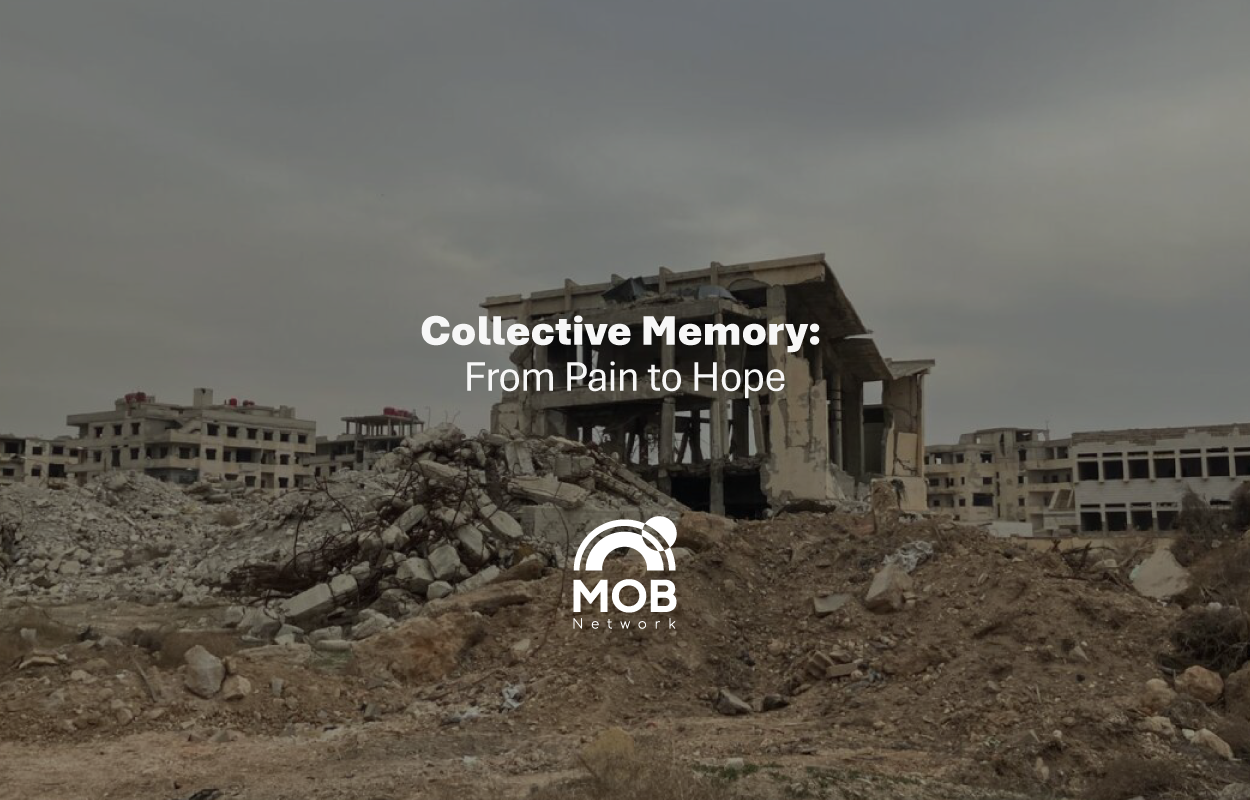
Collective memory is not merely a recounting of past events; it is a powerful tool for shaping collective consciousness and building national identity. In contexts that have experienced conflict, this memory is full with pain, loss, injustice, and sometimes hatred. At the same time, however, it can be the beginning of rebuilding trust and moving toward a more just and equal future.
Therefore, it is not enough to memorize events as they occurred. We must reframe them with an ethical and humane vision that takes into account all those who have suffered, without discrimination, and highlights universal values, not divisions. This requires clear mechanisms for engaging those affected themselves in narrating their experiences, rather than having their stories told for them or on their behalf.
Memory is not built from above, but from below, from the voices of survivors, bereaved mothers, former political detainees, and refugees who are still living with the consequences of conflict.
Involving these people in memory-making is the main way to transform pain into hope, and the victim into the acting point of a comprehensive national narrative.
National Narrative: Who has the right to tell history?
The national narrative constitutes the framework through which we understand our past and, accordingly, plan our future.
But the danger lies when this narrative is reduced to a single point of view, often that of the winner or the men in power, which leads to the marginalization of the memories of entire groups.
This marginalization not only creates increasing injustice for victims, but also threatens the possibilities of true reconciliation.
A balanced national narrative also needs to transcend the logic of “two sides,” because the Syrian conflict cannot be reduced to the regime V.S opposition dichotomy alone. Rather, it encompasses multiple parties, regional and international powers, and victims from diverse backgrounds and affiliations.
Narrative justice begins with recognizing this complexity, not simplifying it for the benefit of a particular ideology.
According to a guide issued by “Rights for Peace” organization, building collective memory after conflict requires official and popular recognition of the victims’ reality and opening the way for multiple narratives that intersect without contradiction. Every individual or group that has experienced it has the right to have their story told.
A narrative that excludes or denies pain, or justifies violence, is not a narrative of reconciliation, but rather a beginning to a new cycle of violence.
Collective Memory as a tool for reconciliatio, not revenge
As we begin to formulate our national narrative, we must realize that the goal is not to reopen wounds for revenge, but rather to acknowledge and learn, and acknowledgment does not necessarily mean agreeing on a single narrative, but rather allowing all memories to be heard and respected. In this way, collective memory is transformed from an arena of conflict into a platform for understanding.
True reconciliation is not built on forgetting, but on conscious remembrance, which acknowledges what happened and sets a clear moral framework for it.
The violence and tyranny that occurred are unacceptable and must not be repeated. Therefore, preserving memory must be linked to transitional justice mechanisms, such as truth commissions or public archives of detentions and violations, not for the purpose of punishment alone, but to ensure non-recurrence and foster a culture of accountability in the future.
How do we talk about “Freedom” and “Revolution”?
In societies emerging from tyranny, words become loaded.
Freedom, for example, is no longer just a demand, but a complex experience of sacrifice, hope and disappointment.
The revolution, too, is not just a moment of explosion, but a long path full of paradoxes.
Therefore, these concepts must be redefined within our collective memory, not only through narratives of heroism, but also through documentation of the suffering, losses, and distortions that have affected the social fabric.
We need a memory that doesn’t glorify violence in the name of revolution, nor justify repression in the name of stability. Rather, it deconstructs the relationship between violence and politics and reconstructs values on humane foundations.
The role of media, education and civil society
Building collective memory is not only done through history books or official documents, but is the cumulative product of contributions from the media, education, and civil society.
- Media: The media has a major responsibility to present multiple narratives and give voice to victims, rather than simply recognizing the narrative of the country’s regime or the victor.
- Schools and Curricula: Schools should teach our recent history boldly and transparently, without justification or distortion, emphasizing the lessons learned, not fueling divisions.
- Civil society: And the civil society should produce platforms for the collective memory, through testimonies, exhibitions, theatre, literature, and art, creating a safe space for dialogue and expression.
Collective memory versus exclusionary narrative
The essential difference between a collective memory and an exclusionary one is that the collective recognizes all victims without categorization, while the exclusionary selects those it calls its “victims” and excludes the rest.
If we want our memory to be a tool for peace, it must transcend sectarianism, partisanship, and ideological alignments. Our memories must be written in a humane language that affirms the dignity of all who have been lost, suffered, or excluded.
Collective memory also means recognizing responsibilities, not just suffering.
Some individuals or groups may be victims at one time, and at another, accomplices or even perpetrators. Therefore, approaching memory from the perspective of moral responsibility allows for a more honest and mature dialogue about what happened and how it can be overcome.
Towards a memory that builds, not destroys
Building collective memory is one of the most complex challenges in the transition to justice. But it is also a unique opportunity to reshape our national narrative on new foundations, one that is fair, not exclusionary; one that heals, not incites; one that unites, not divides. Only in this way can we give future generations the opportunity to understand their past without being tempted to repeat it. Only in this way can we write a history that does not reproduce violence but opens the door to peace.

